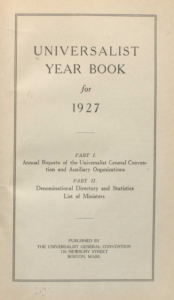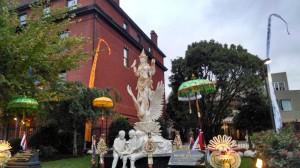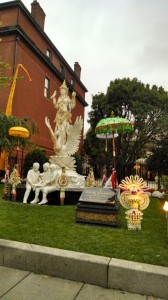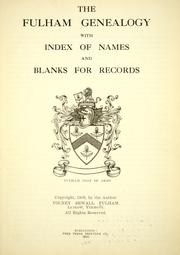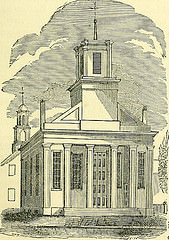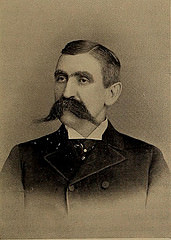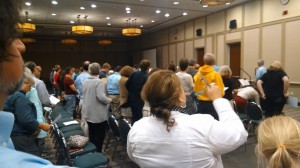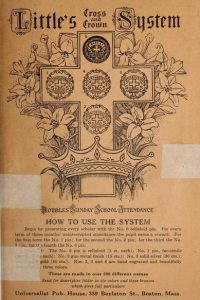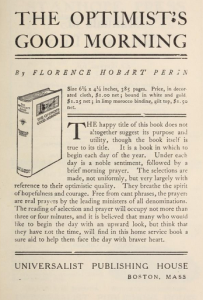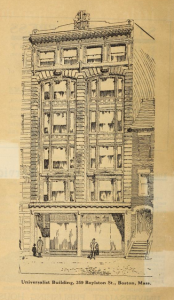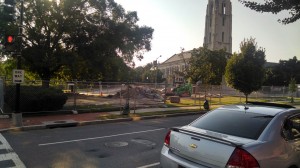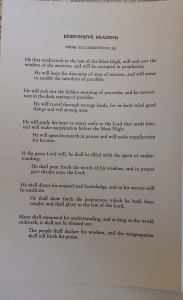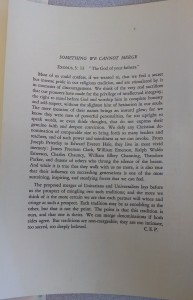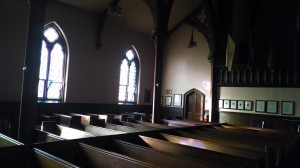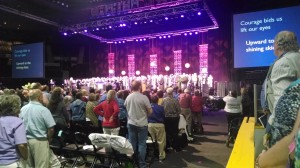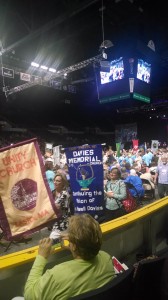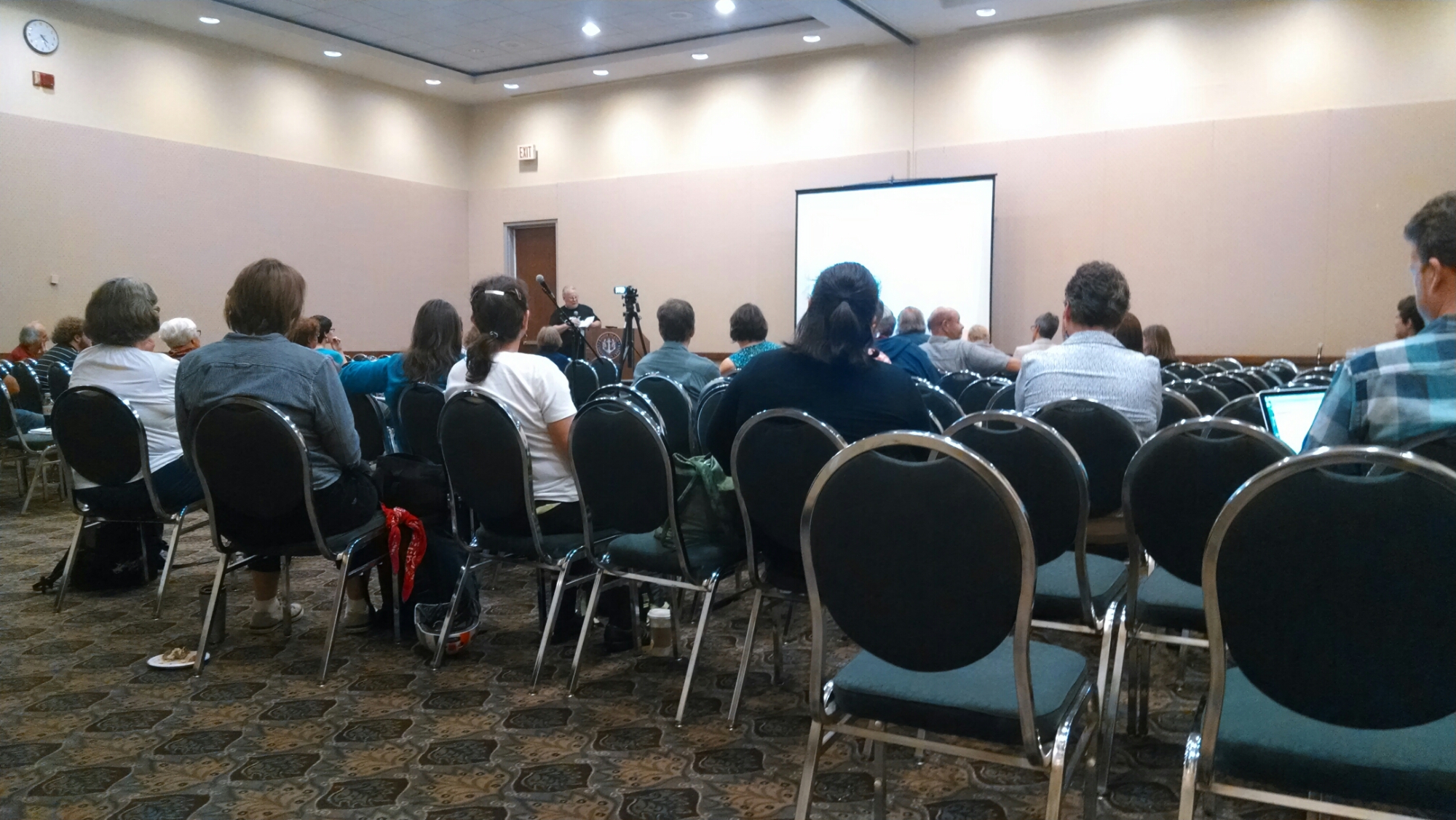From whence comes the right to worship? Is it a Christian liberty that individual Christians have, or is it a grant to the church, that stands as Christ’s beloved and is delegated to individual Christians as a benefit?
I ask this because I wonder about the nature of the church. The former is the more ‘protestant’ approach, and the one that sits better for Universalists, no matter how churchly. (Post-Christian formulations have their own logic, but we’ve not really resolved the question: can Christians worship indefinitely in a non-Christian setting.)
Universalists, at least in their earliest phase, were an awfully anarchic group. The Winchester Profession, the foundational and yet minimal theological standard, is a double witness to this anarchy. First, it was developed in response to civil action challenging organized Universalism’s departure from the Congregational standing order. Second, it makes that explicit mention in its three short articles that Christians “ought to maintain good order” — the kind of recognition that reads more as a grudging concession than a core, heartfelt value. Otherwise, why would such a common assumption be written in?
But if the early Universalists were anarchic, their late nineteenth-century heirs, whose influence continues to today, were not and are not. If anything, we’re saddled with institutional responsibility, professionalized standards, good manners and stifling inertia. We have more money than our ancestors could have used, and yet ache under shortfalls. We have plans and processes, but no new congregations.
Reading Universalist newspapers in the antebellum era, hardly a week would pass — and certainly not a month — without news of a new society cropping up. How is that possible? We are not the same country then as now, and each era has its own benefits, but correctable difference in inescapable: that the early Univeralists were encouraged to form societies to meet a local need, rather than to serve a common, national brand. There was an objective, if minimal standard, that if met all but promised recognition. The self-organized societies (later known as parishes, to distinguish themselves from secular organizations) could organized empowered conventions that could (and did) seek national recognition. Many of these effort perished while small and new, but you could say the same of secular organizations and businesses. Anything worth doing is worth failing at. Or, the lack of failure is also the lack of attempting. There’s no shame in trying and failing.
Back to the question of who “owns” prayer. If the mandate for worship rests on the individual Christian, then the purpose of the church is in some sense the activation of that mandate. That is, to provide encouragement and resources. It is a means, not an end. As we remind ourselves, we could, should we wish, worship alone. Could, and perhaps out. But one role of the church is to stand for Jesus, that we may ask, “teach us to pray” — and be sure there was someone there to teach us.



